Blog
HIPAA Compliant Data Centers- Everything You Need to Know
In today's digital era, protecting sensitive patient information is one of the primary responsibilities of healthcare...
Make the Most of Your Data Centers: The Hybrid Way
Data centers are the backbone of many businesses, providing a secure platform for resources and data to be stored. But...
Best Cloud Storage for Photos
In today’s digital age, it is important to ensure that you have the best cloud storage for your photos. AiNET offers...
Finding the Right Connection: Fiber Internet vs Wifi
When choosing an internet connection, it can be difficult to decide between two popular options: fiber internet vs...
3 Ways to Use the Cloud for School
We know the Cloud has been an excellent tool for businesses over the years, but it didn’t really take off for schools...
Experience the Power of AiNET: Your Ultimate Internet, Data Center, and Cloud Storage Solution!
Hello there, fellow tech enthusiasts! Are you in search of an exceptional internet service provider, a reliable data...
What is Cloud Native Architecture? Everything You Need To Know!
In today's rapidly evolving digital landscape, businesses seek new ways to build, deploy, and manage their...
5 Classic Cloud Computing Myths Debunked
Cloud computing has been a transformative technology that has revolutionized how businesses operate. But there are...
3 Ways Cloud Computing Has Changed Our Lives
Here at AiNET, we spend a lot of time discussing cloud computing. How far it’s come, where it’ll go, and how to...









